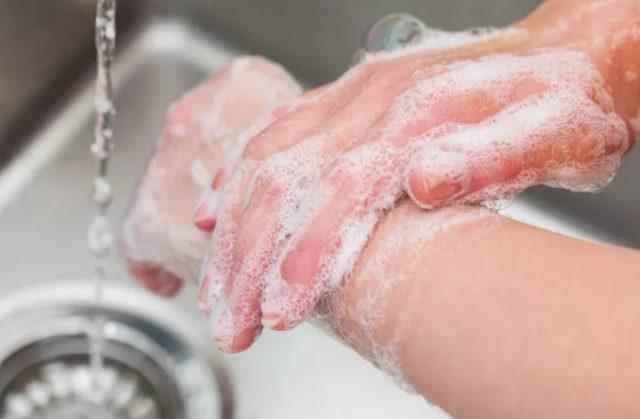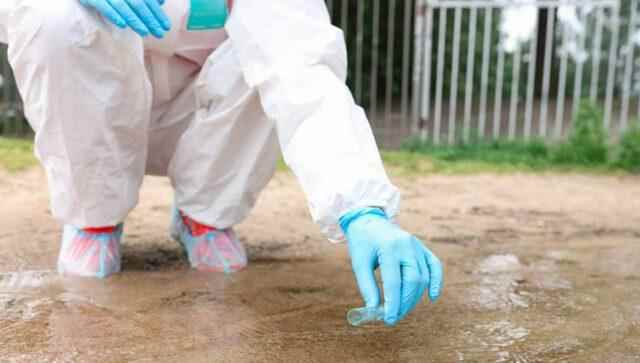While the devastating effects of the earthquake, which affected Kahramanmaraş and the surrounding cities, continue, experts underline the need to be careful against contagious epidemics. The inadequate conditions that arise at this time can lead to the formation of dangerous diseases such as cholera. Helping citizens should focus on materials that will protect earthquake victims from epidemics.
There has been no case of cholera in our country for years. However, it is of great importance to use cleaning materials such as clean water, masks and soap to prevent cholera cases. In order to be protected from the dangerous cholera epidemic, it is necessary to be conscious about the following information.
WHAT IS COLERA?
Cholera is a disease caused by the bacterium Vibrio cholera, which can be transmitted to all food and drink from non-modern sewer and unclean water systems. Transmission of Vibrio cholera bacteria to the intestines causes severe diarrhea and severe fluid loss (dehydration) in the person. Cholera, a disease that can spread very quickly, can result in death at a rate of 50-75% if left untreated.
HOW IS IT TRANSMITTED?
Cholera bacteria are excreted in the patient’s feces. Transmission occurs through food or drink contaminated with the feces of an infected person. This situation is more common in developing countries that do not have adequate clean water resources and sewage systems.
WHAT ARE THE SYMPTOMS?

People with cholera develop severe symptoms 12 hours or 5 days after ingesting the bacteria. Cholera disease presents with severe, profuse, watery diarrhea or vomiting, sometimes described as rice water. The most important symptoms of cholera are:
- severe diarrhea
- severe vomiting
- Thirst
- Decreased urine output
- muscle cramps
- Unrest
- Irritability
WHAT CAN BE DONE TO PROTECT FROM COLERA?

- Hands should be washed with soap and water after using the toilet and as needed during the day.
- In cases where soap and water are not available, hand cleaners containing at least 60% alcohol should be used.
- Hands must be washed before contacting food, eating and preparing food.
- In the presence of cholera, bleach should be diluted 10 times (1 unit bleach 9 units water) in the disinfection of dirty surfaces such as toilets, bathrooms and sinks.
The following precautions should be taken when traveling to a country or region where cholera is common:
- Water that is not sure to be clean should not be drunk.
- Bottled water and beverages should be preferred.
- Water that is not sure to be clean should be used by boiling, filtering or applying special disinfectants to drinking water in recommended sizes.
- Tap water should not be used for brushing teeth, water that is sure to be clean should be used.
- Since the ice may not be prepared from clean water, ice should not be placed on the drinks outside.
- Fresh fruits and vegetables that cannot be peeled and cleaned properly before eating should be avoided.
- Drinks and food should not be purchased from street vendors unless the drinks are properly bottled.
WHAT HEALTH PROBLEMS DOES CHOLERA CAUSE?
If cholera is not treated, it can cause 10-15 liters of fluid loss per day in the patient. Patients experiencing severe dehydration may experience shock and death within hours. Cholera can also cause the following health problems in patients:
- Low blood pressure (Hypotension)
- Low potassium in the blood (Hypokalemia)
- increase in heart rate
- dry mouth
- Decreased skin elasticity
In addition, severe dehydration caused by untreated cholera can lead to:
- Kidney failure
- Shock
- Coma
- Death
